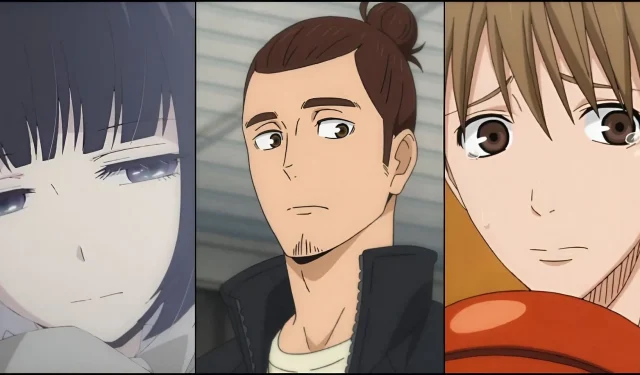Anime characters often encapsulate a vast array of emotions, with some leaning heavily towards pessimism. These characters typically perceive the world through a lens of negativity, expecting the worst based on their past experiences or inherent dispositions. Such attitudes can stem from trauma, harsh realities, or a natural inclination to focus on failures. While their bleak outlooks may frustrate some viewers, these characters add significant depth to narratives, turning conflicts into compelling plots.
Pessimistic characters might utilize their negative views as a shield against disappointment, while others genuinely perceive inevitability in failure. Regardless of the underlying reasons for their grim assessments, these individuals captivate audiences, drawing them into their struggles.
Note: The following list is presented in no specific order and may contain spoilers from the related anime and manga. The opinions expressed are solely those of the author.
10 Anime Characters Exuding Immense Pessimism
1) Shinji Ikari (Neon Genesis Evangelion)
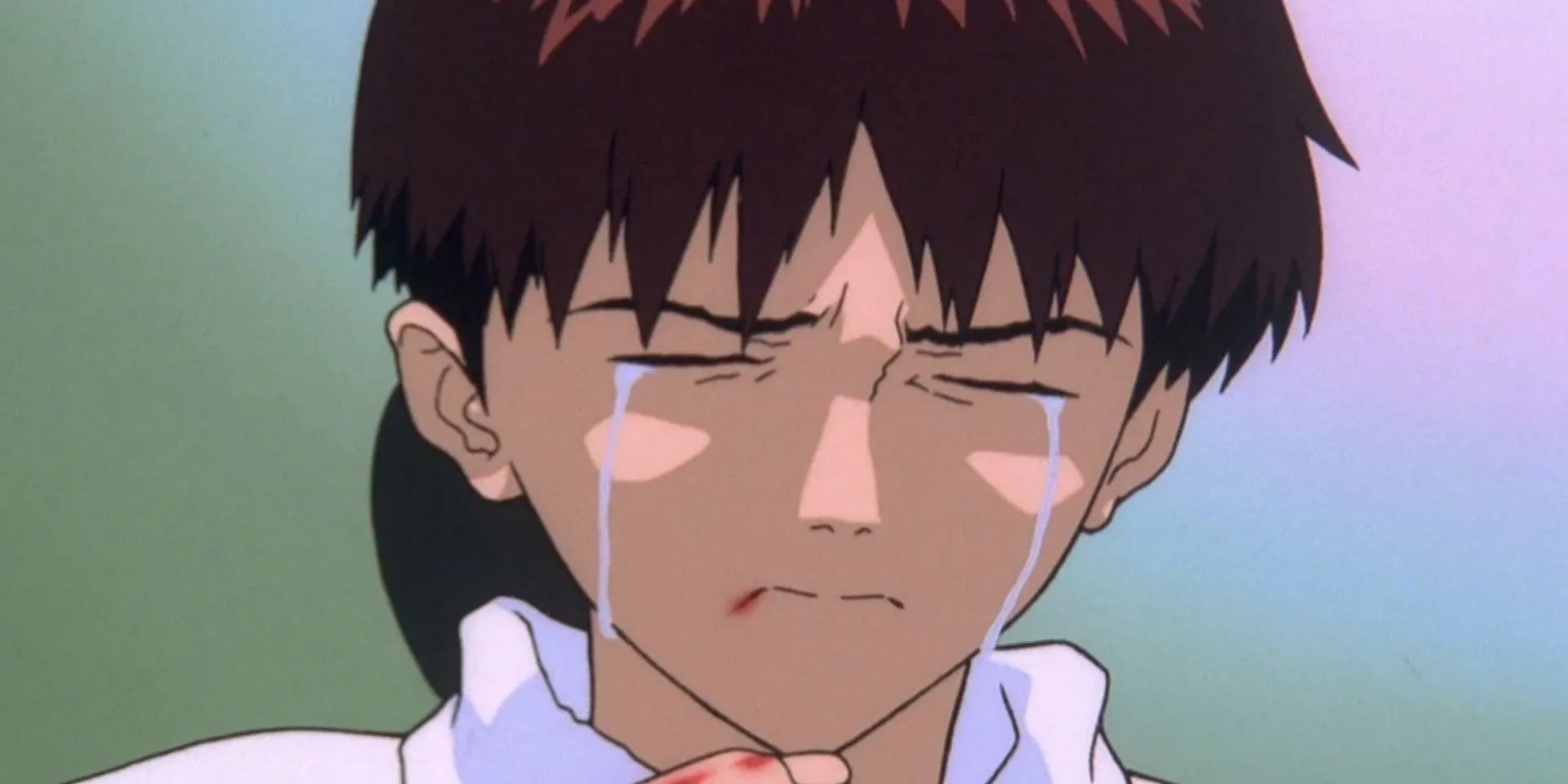
Shinji Ikari embodies profound self-doubt, plagued by a fear of rejection that constantly undermines his self-worth. He perceives every attempt as a potential failure, which makes his reluctance to pilot a mecha understandable—he feels unneeded and inept. Compliments are fleeting to him, often viewed as unearned or temporary validations.
His belief in fragile relationships leads him to anticipate betrayal, convincing himself that genuine happiness is out of reach. Rather than confronting his despair, Shinji often retreats, making him a quintessential pessimistic character in anime.
2) Usopp (One Piece)
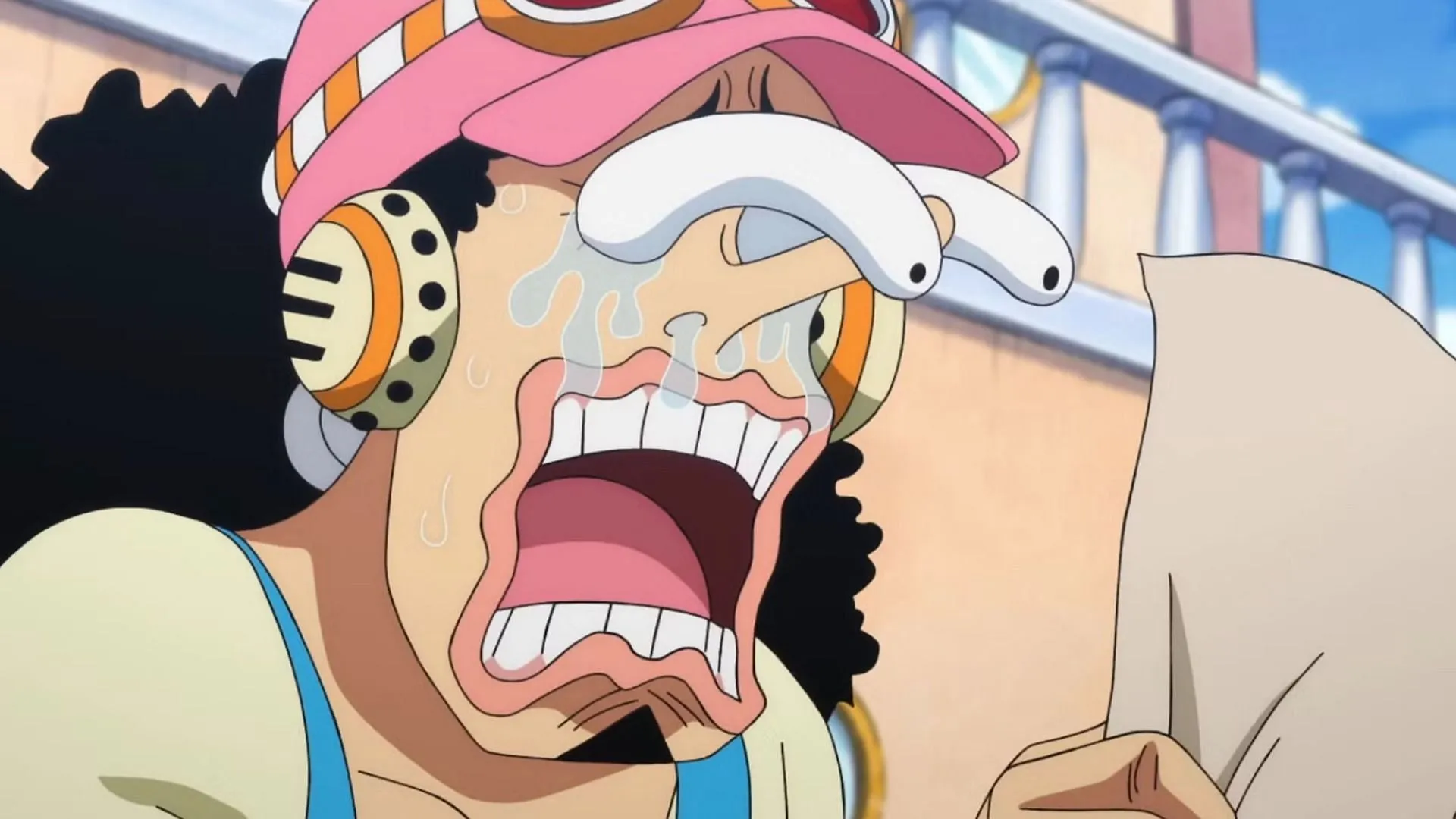
Known for his storytelling flair, Usopp paints himself as a hero, yet he approaches every situation with trepidation, constantly fearing the worst outcome. His lack of self-belief leads him to anticipate defeat before even stepping into battle, often making escape seem like the only viable option.
Despite showcasing his strength multiple times, Usopp’s anxious mind remains fixated on unlikely disasters. His tendency to overthink renders him one of the most pessimistic characters in the anime realm.
3) Hanabi Yasuraoka (Scum’s Wish)
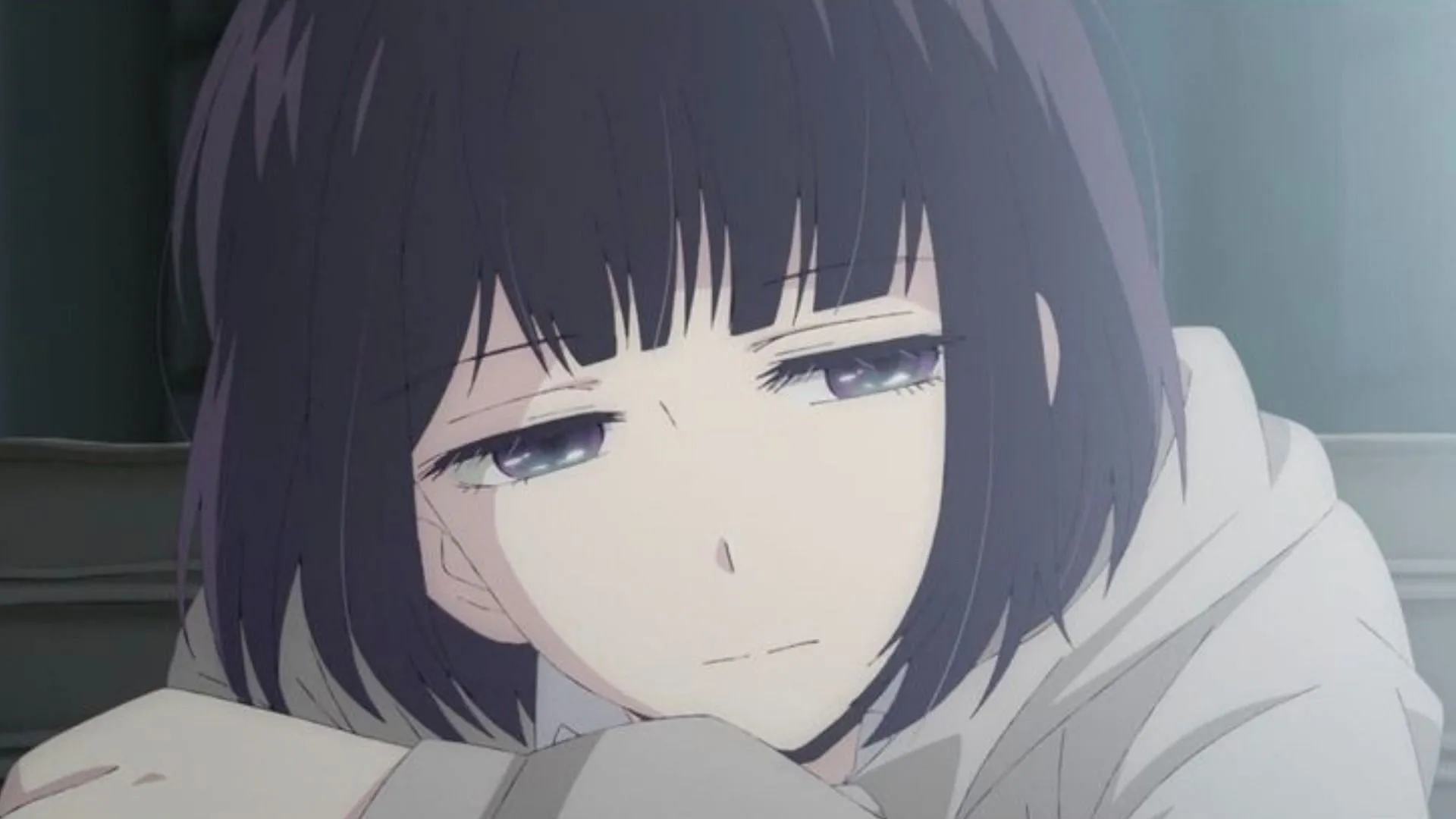
Hanabi Yasuraoka views love as a painful pursuit, opting for superficial relationships that she knows won’t lead to happiness. She embraces loneliness, shunning true connections in favor of emotional detachment, which she believes is safer.
Her search for solace often leads to further disillusionment, and she grapples with the belief that she does not deserve happiness. Even when a chance for change arises, her uncertainty holds her back, solidifying her status as a character with a dismal worldview.
4) Obito Uchiha (Naruto Shippuden)
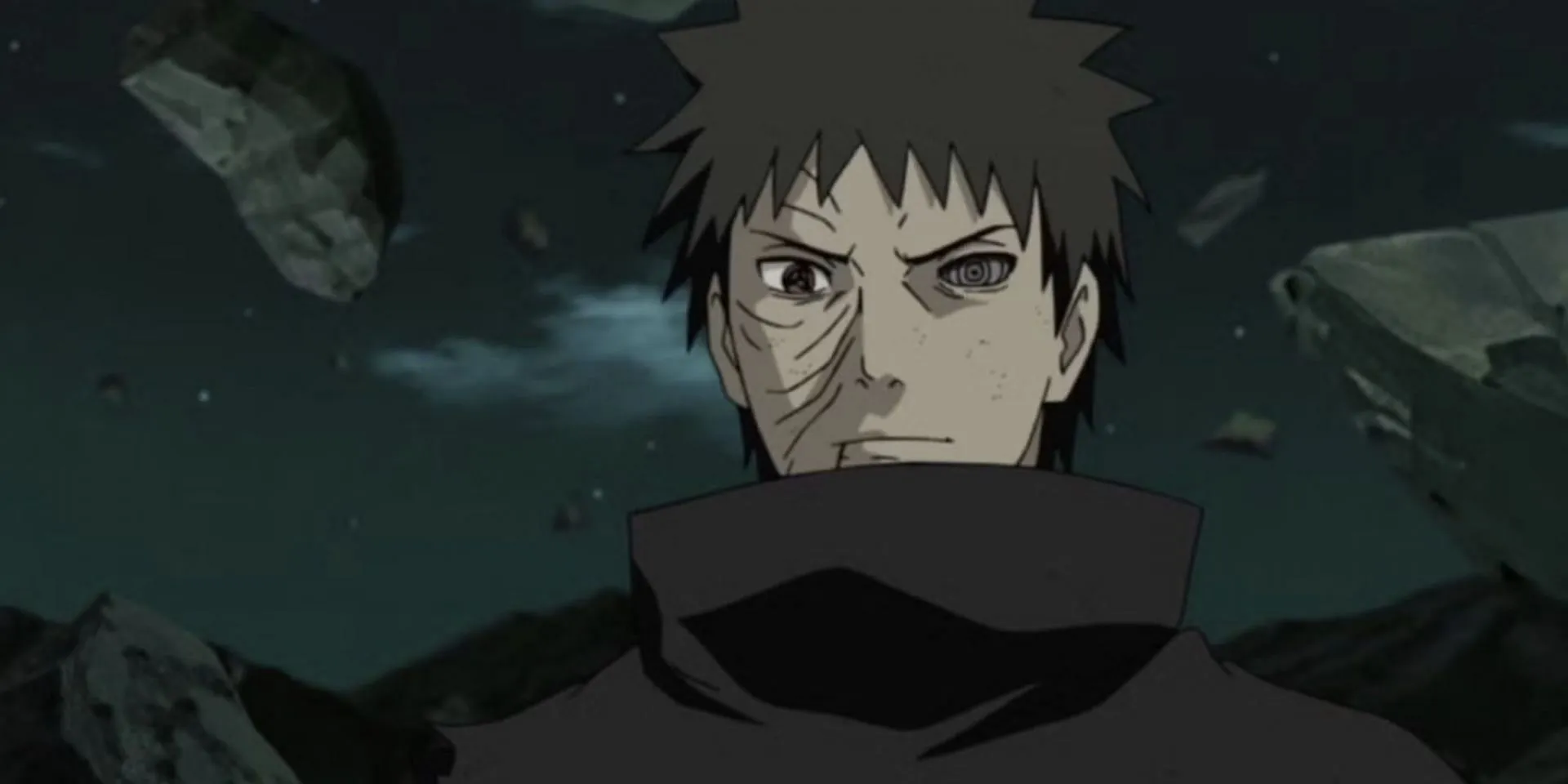
Once aspiring to be a hero, Obito Uchiha’s tragic experiences extinguished his hope and optimism. The loss of Rin, whom he cherished, plunged him into a worldview dominated by sorrow and suffering. He perceives reality as a relentless cycle of betrayal, and even opportunities for redemption seem futile.
His abandonment of concepts like justice illustrates a deep-seated belief in life’s inherent misery, making him one of the epitomes of pessimism among anime characters.
5) Johan Liebert (Monster)
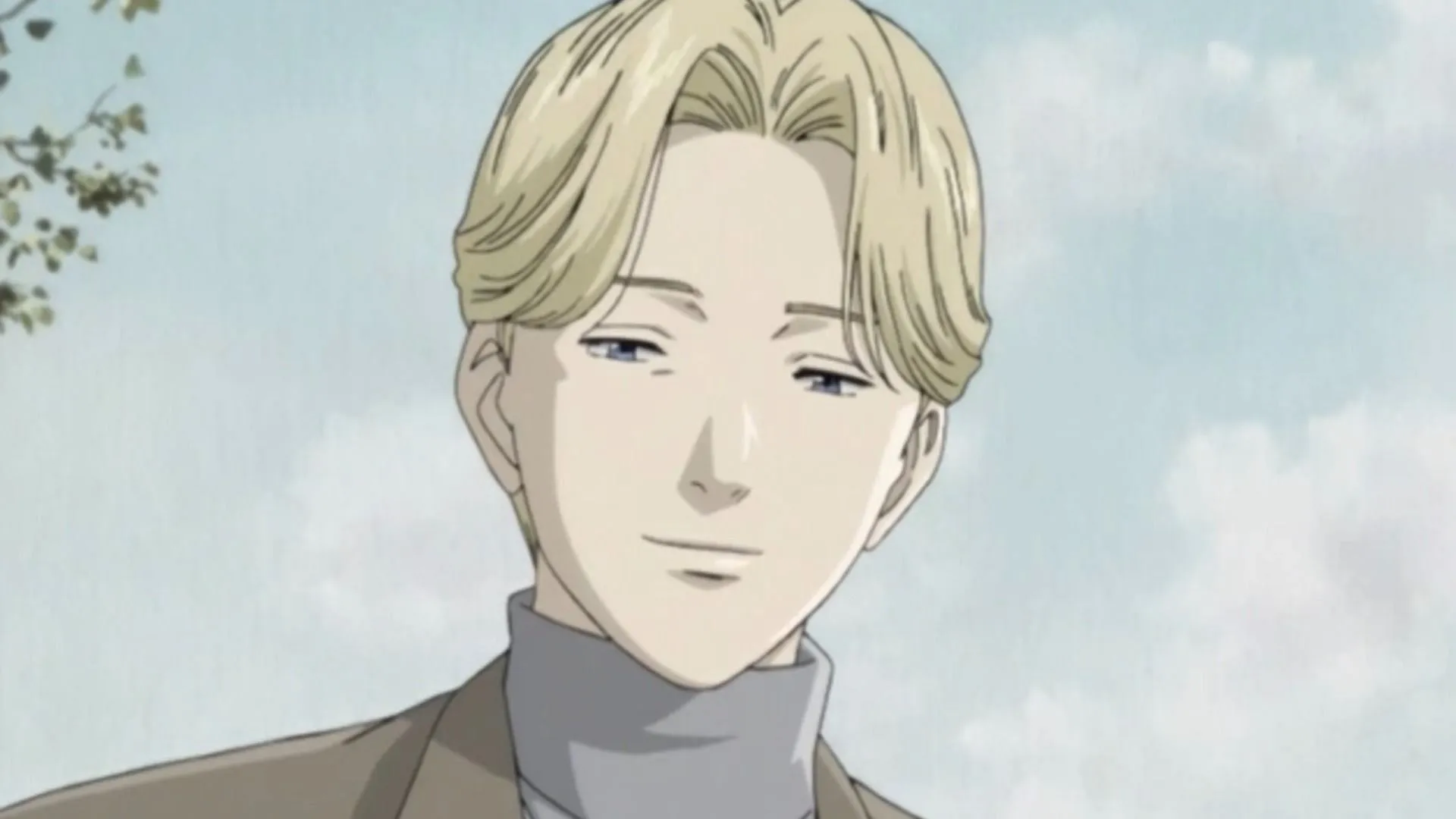
Johan Liebert’s worldview is marked by a belief in mankind’s intrinsic evil, dismissing acts of kindness as illusions. Utilizing his charisma, he draws people into despair, positioning suffering as the ultimate reality of existence.
His extreme perspective leads him to consider erasing his own existence, further highlighting his bleak outlook on life’s futility and inherent cruelty.
6) Reiner Braun (Attack on Titan)
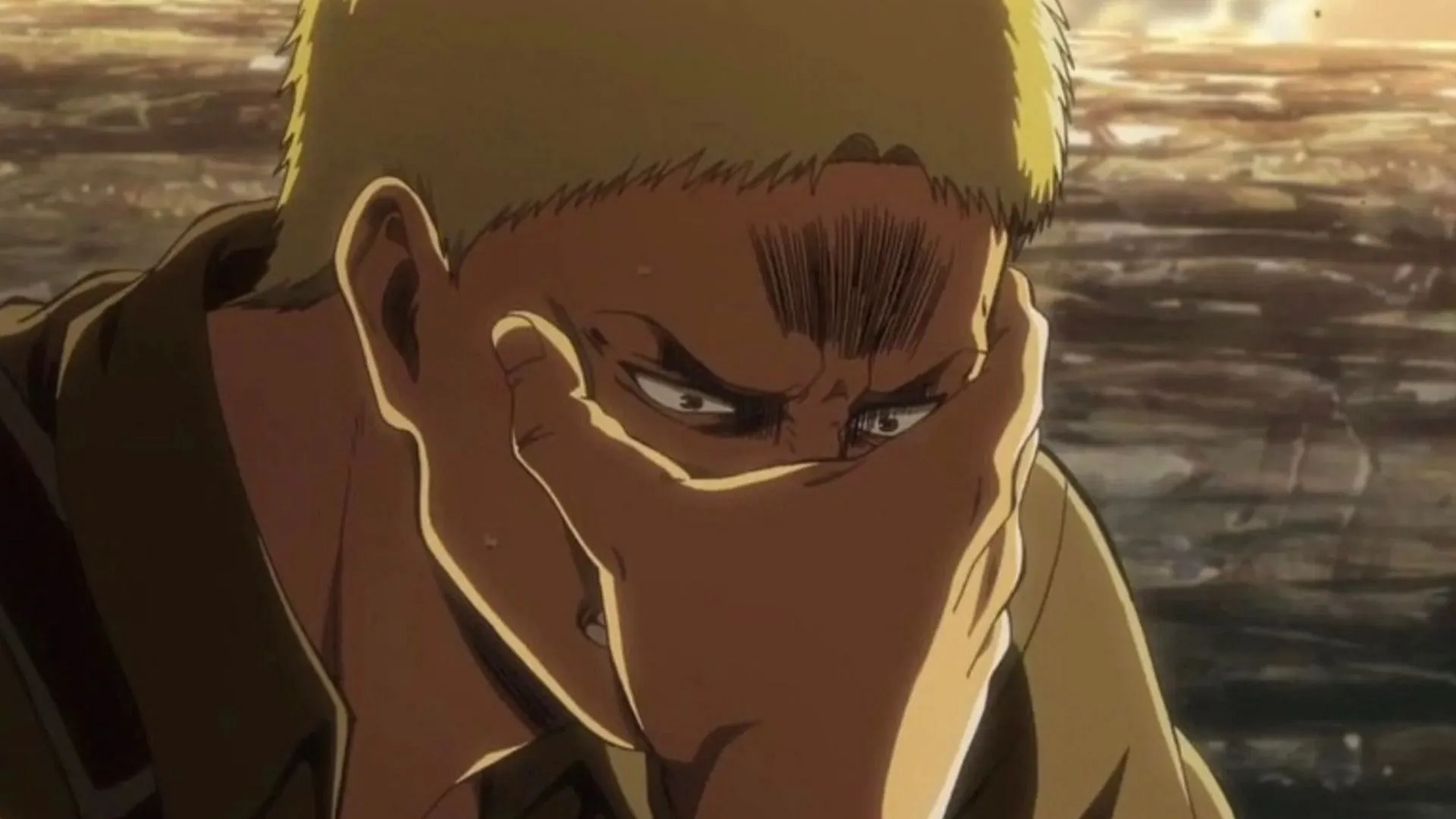
Reiner Braun symbolizes the struggle between duty and despair. Plagued by guilt and a fractured identity, he questions his purpose amid the destruction surrounding him. Despite the chance for hope, he remains trapped in a cycle of violence, fearing that no matter what, suffering will persist.
This conflicted mindset, marked by acknowledgment of his shortcomings, cements his position among the anime’s most somber characters.
7) Taizou Hasegawa (Gintama)
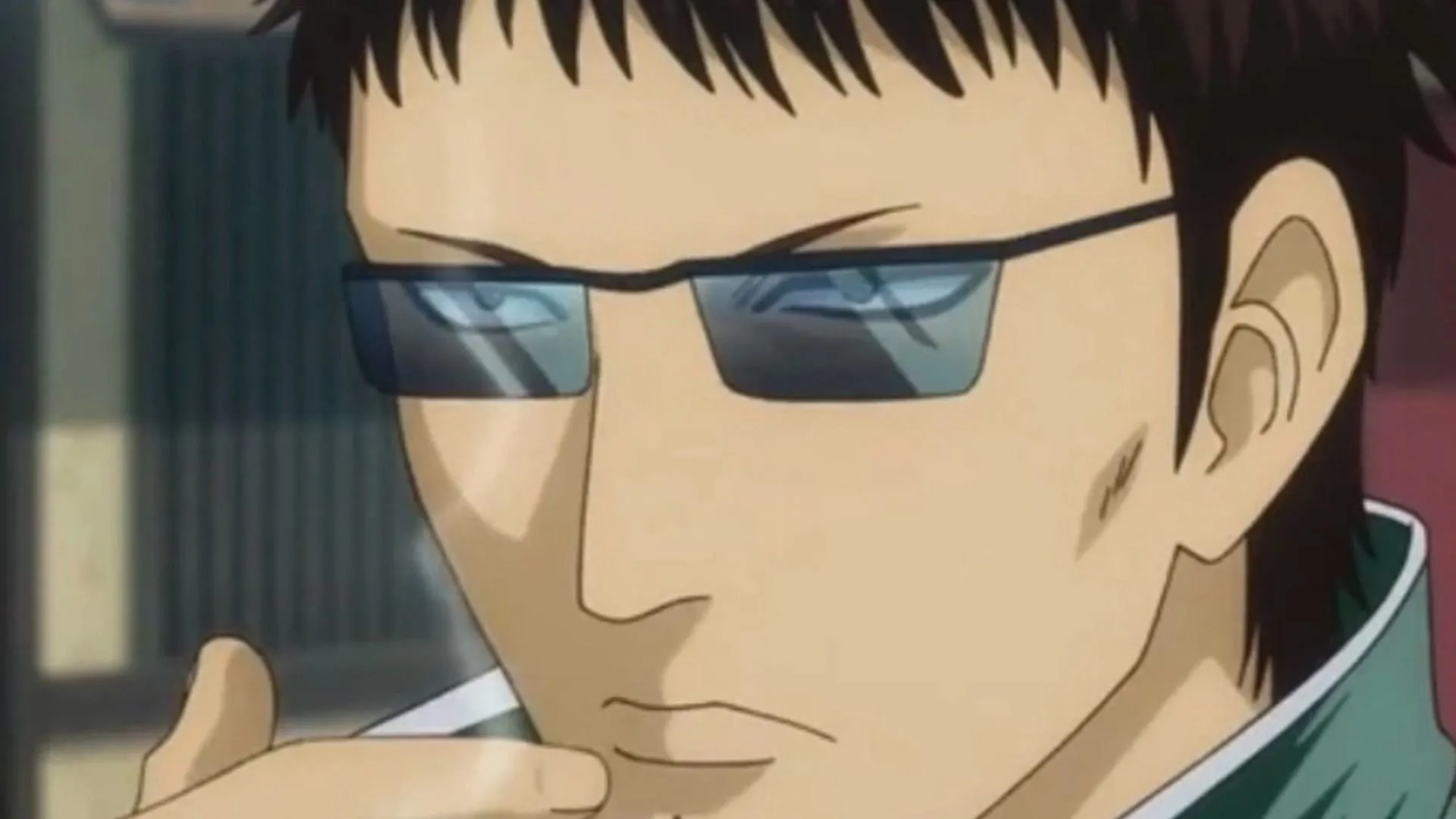
Once a government official, Taizou Hasegawa’s fall into hopelessness showcases a life defined by recurring misfortune. His expectations of failure result from a series of disappointments, leading him to resign to a fate of misery.
His narrative is filled with pessimism, as he anticipates disaster, even in fleeting moments of luck. This acceptance of his dire circumstances positions him firmly among the archetypes of pessimistic anime characters.
8) Ryo Sakurai (Kuroko’s Basketball)
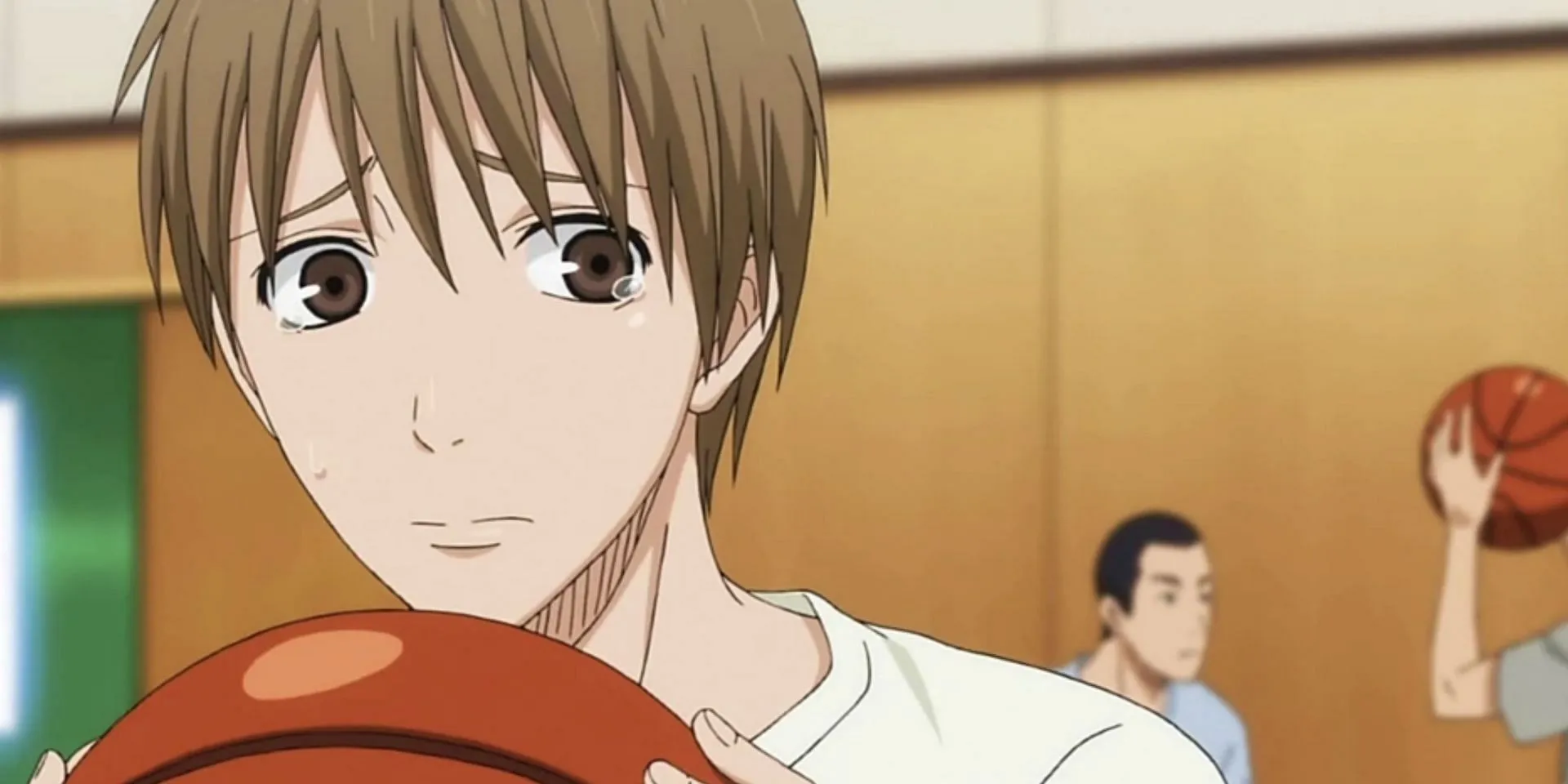
Nervous and plagued with self-doubt, Ryo Sakurai constantly fears failure even before endeavors begin. His reluctance stems from an inner belief that he’s a burden to his teammates, leading to a cycle of apologizing and second-guessing.
Despite occasionally performing well, his persistent doubt influences his gameplay, marking him as one of the most pessimistically inclined characters in anime.
9) Azumane Asahi (Haikyu!!)
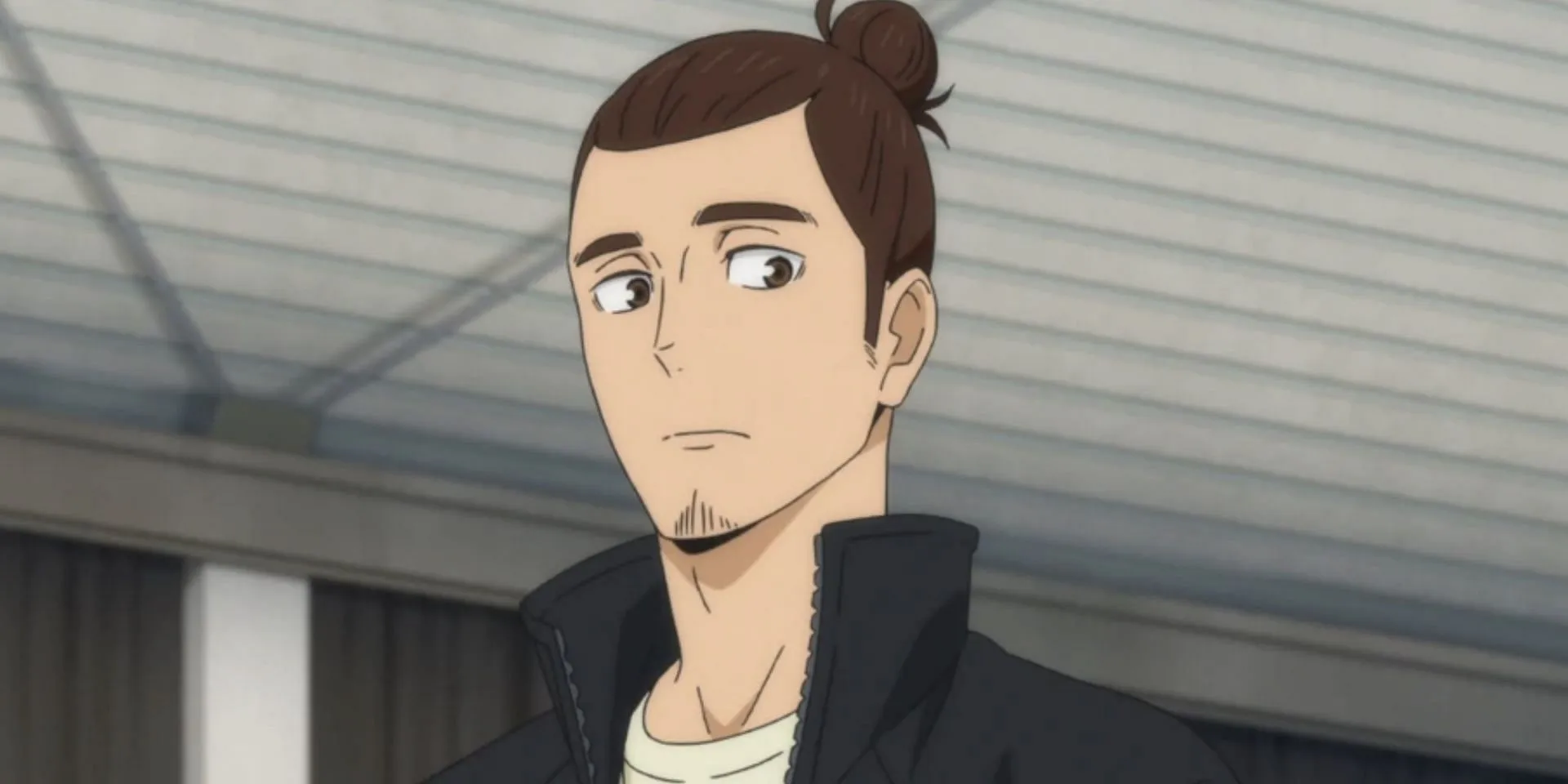
Despite being the ace of his team, Azumane Asahi grapples with self-doubt, often regarding himself as unreliable even when others trust him. Past failures loom large, making him hesitant during critical game moments.
This pervasive sense of insecurity overshadows his potential, leading to a constant battle against his doubts, thus solidifying his profile as a pessimistic character.
10) Masamune Makabe (Masamune-Kun’s Revenge)
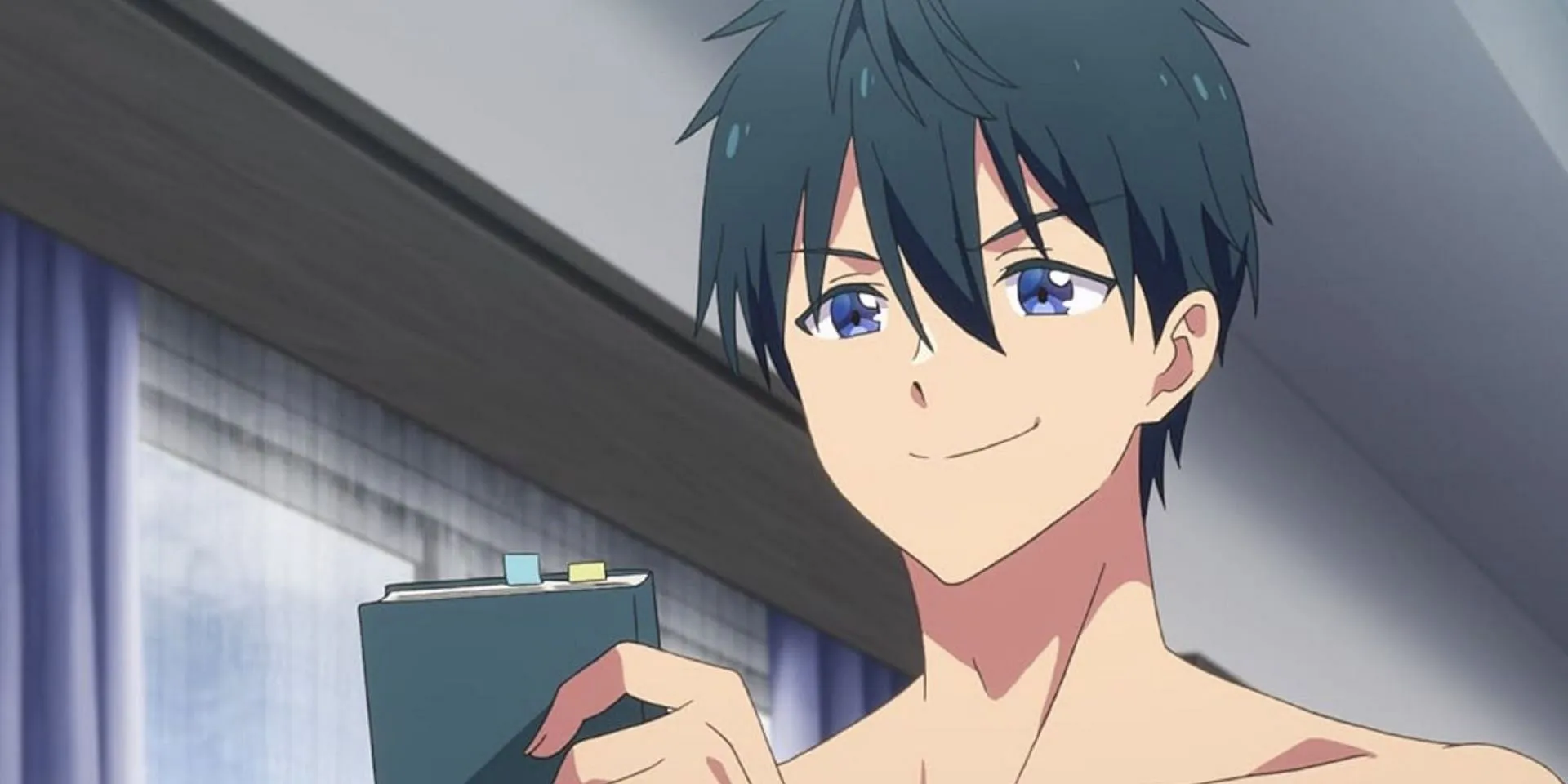
Masamune Makabe’s quest for revenge is fueled by his belief that appearances dictate worth and societal judgment. This mindset breeds insecurity, making him wary of genuine connections as he anticipates betrayal at every turn.
His pessimistic view of relationships hampers his ability to accept kindness, making him another character exemplifying the pessimism prevalent in anime storytelling.
Concluding Thoughts
Pessimistic characters enhance the narrative richness of anime by offering diverse perspectives on life. Characters like Johan Liebert, Obito Uchiha, and Shinji Ikari resonate with audiences due to their reflections of real-world struggles, despite their negative views. Their pessimism not only impacts their actions but also influences the broader narrative, resulting in a complex interplay of emotions and conflicts.
Whether tragic, cynical, or fearful, these characters underscore the importance of despair in storytelling, presenting poignant reflections of the human experience.
